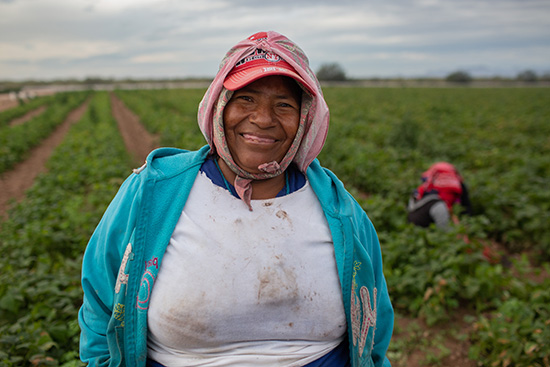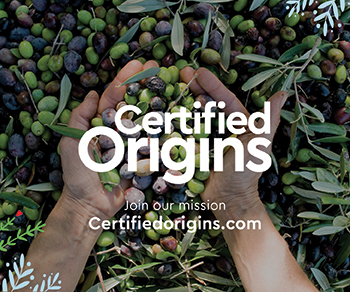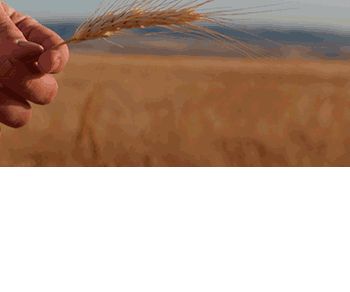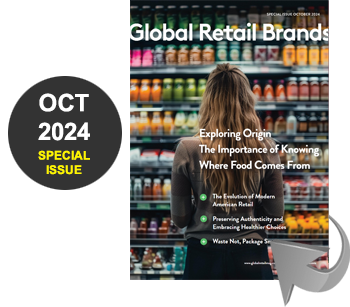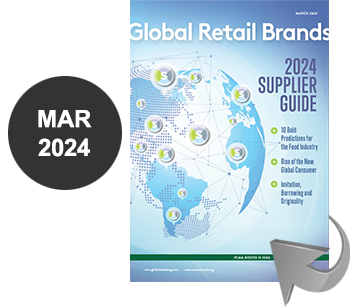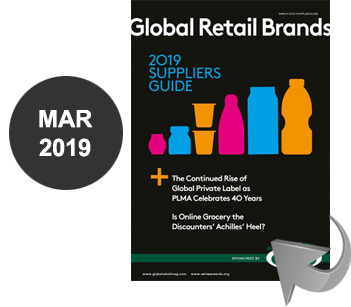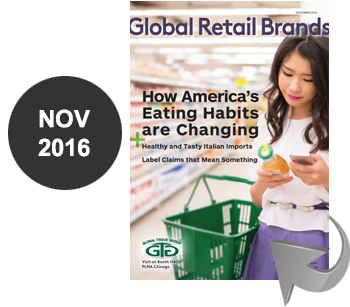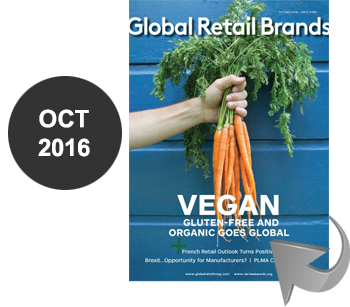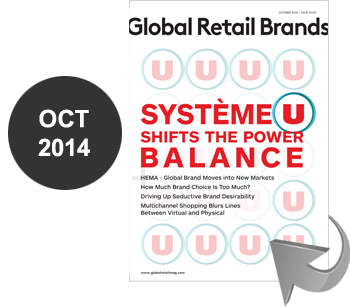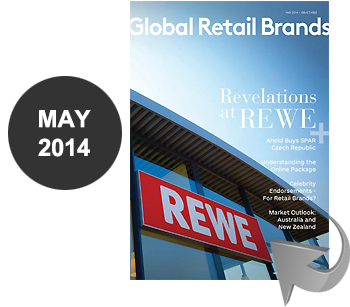By: Kasi Martin
Businesses That Support Fair Trade
Help Farmworkers Stay Resilient In Trying Times
This landless population of daily wage earners produces over 70 percent of the world’s food supply, yet more than a third live in poverty, threatening their ability to sustain themselves, their families, and the supply chains that provide us quality sustenance. Farmworkers face widely-documented adversity on the job. The situation is often worse for immigrant and migrant workers, who make up an estimated 70-80 percent of the workforce and don’t receive the same legal protections, especially in the U.S.
They can’t keep feeding a growing population when their baskets are empty. As the ongoing effects of COVID-19 continue to hit this vulnerable population hardest, the time has never been more pressing to address these issues. Systemic change for farmworkers will only come through cross-industry solutions and fair trade sourcing is a proven, transformative way to begin.
Beyond coffee and cocoa
Fair trade is a global movement that fights for justice for workers across the world by building equitable trading relationships. Fair Trade USA fits within the movement as the leading certifier of fair trade products in North America. This includes everything from beverages like coffee and tea, packaged goods like cocoa and grains, apparel and home goods, and, today, more than 45 produce items.
Since 1998, Fair Trade USA has designed standards and certifications that promote sustainable livelihoods and prosperity by ensuring safe and fair working conditions, sending premium income on top of wages, and helping farmworkers protect and regenerate the environment and their communities. These programs have resulted in more resilient, reliable supply chains that have drawn more than 1,300 ethically-minded businesses to partner with Fair Trade USA. As a result, workers have earned more than $740 million from the sale of Fair Trade Certified products.
In honor of Farmworker Awareness Week, Fair Trade USA is bringing attention to the extraordinary resiliency of these workers and showcasing the influence retailers have in shaping a more equitable food system. So how can fair trade help?
Fair Trade USA is a trusted partner for ethical and sustainable sourcing
Fair trade isn’t just essential for farmworkers, it’s essential for business. Today, 63 percent of shoppers recognize the Fair Trade Certified seal, making it one of the most widely-known ethical labels in the U.S. Furthermore, these informed and conscious shoppers see the most value in fair trade produce and 72 percent are willing to pay more for it.
And they’re right to “Seek the Seal.” Fair Trade USA became a trusted name by upholding the voice of workers and delivering impact to them through produce partnerships with leading retailers like Whole Foods, Costco, New Season’s Market, and Walmart.
These retailers come to Fair Trade USA for solution-focused partnership because its standards address many facets of ethical sourcing – social, economic, and environmental – and because of its scope. Fair Trade USA offers over 45 certified produce items and 120 certified produce farms to source from globally, including in the U.S., making it accessible for retailers to join and ensure year-round supply.
Workers and businesses are more resilient with fair trade
Agricultural workers frequently change jobs and move from farm to farm, making retention a common supply chain concern. The standards Fair Trade USA enforces create safe working environments which, in turn, helps reduce labor turnover. A fair trade mango grower in Mexico reported that their worker retention improved by 42% a year after certification.
Workers don’t just receive higher income to invest in their communities through fair trade, they benefit from more than 100 protections and quality of life assurances and receive regular training around health, safety, quality assurance, and, as of late, COVID-19 prevention.
Recognizing their vulnerability at the outset of the pandemic, Fair Trade USA mobilized an effort to mitigate the effects and provide a safety net to farmworkers. After surveying 85 farms, its Community Development Funds were made immediately available for relief. One farm in the U.S. offered incentive pay to workers complying with social distancing and paid for more shuttle buses to transport them to and from their jobs, ensuring less crowding. Other farms used their additional fair trade funds to provide cash disbursements to those without work. All showcased the resiliency fair trade can provide in challenging times, which will be vital as farmworkers face the effects of climate crisis and population growth.
Shoppers are more likely to choose fair trade produce
The case for protecting workers and the environment is clear, and consumers know this today. They spend a combined $300 billion per year on ethical products, a figure that is growing by 10% each year, and a third are more likely to buy a product that’s Fair Trade Certified.
When they join Fair Trade USA, retailers gain exposure to its engaged consumer base through press, social media, and marketing support. The Global Farmers Market, an online shop featuring our partners and their produce that inspires purchases, is an example of how Fair Trade USA showcases businesses and informs consumers to make the switch.
Commit to fair trade and join more than 14 produce retailers that are helping protect the livelihoods of farmworkers.
Kasi Martin is the head of public relations at Fair Trade USA. She is an advocate for progressive social change and the fight against injustice. You can also find her writing about garment workers and ethics in the apparel sector on thepeahen.com.

